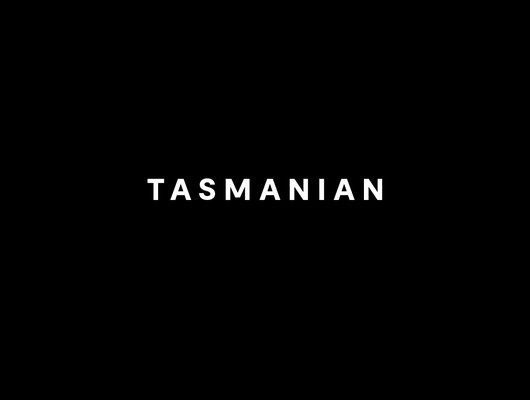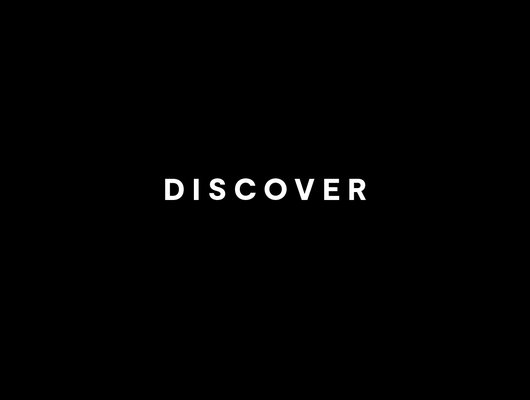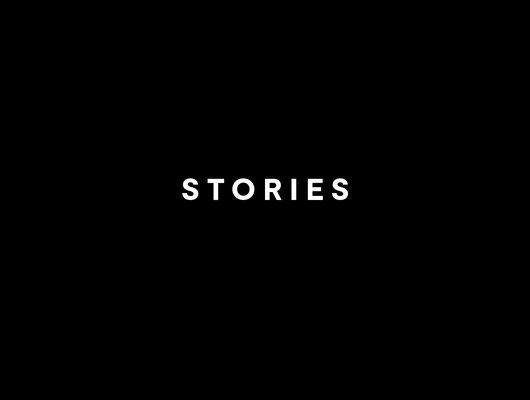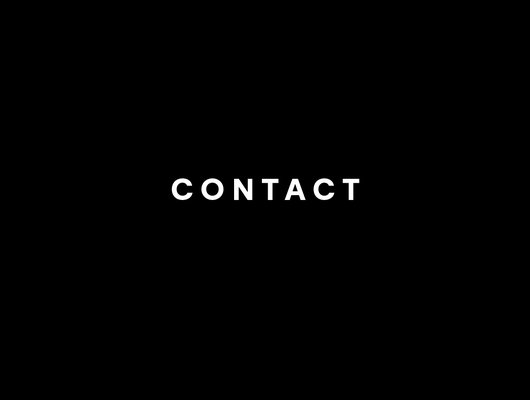The Tasmanian Story
What does it mean to be Tasmanian?
Over two years, we listened to hundreds of Tasmanians in hour-long, one-on-one interviews. Some of them had just arrived. Others told us about connections to this place lasting six generations or sixty thousand years.
We learned a lot in our hundreds of interviews. We learned that if we were not honest about this place, its history, and its culture our most important audience—Tasmanians—would not see themselves in the story.
There is so much that is special about Tasmania. It is extraordinary: this place, these people, and what they do. But why is it like that? Tasmanians told us not to forget the struggle and hardship of the past and present. It is through working together to overcome these struggles and hardships, to reckon with our past, that we build what we most love about this place.
The Tasmanian Story
It isn’t easy in Tasmania. It never has been.
People said it was impossible, and for too long we believed it.
This is why, for Tasmanians, good enough is never good enough.
We work harder, we follow our obsessions, we support one another, and we protect what makes this place different.
Being Tasmanian is the quiet pursuit of the extraordinary.
You are the brand
In our research, we heard a consistent and powerful story.
Our job is to make a productive asset of that story, to ensure all Tasmanians own it, and to inspire them to act. The natural environment is deeply important to Tasmanians. They are proud to live in a place that is self-reliant with renewable electricity, but they want to do more – to quietly lead. And Tasmanians want young people to feel they belong here, to succeed in school and when they are finished school.
We exist to encourage Tasmanians, and those who want to be Tasmanian, to quietly pursue the extraordinary.
-
1
Quiet
Tasmanians are humble, quietly confident, and cool while the rest of the world is increasingly loud and hot.
-
2
Pursuit
We’re isolated, so we’ve had to be inventive. We were underestimated, so nothing is ever “good enough.” We’ve had to work harder together, to make determination a core of our culture. The Bass Strait means everything from here is more expensive, so we have learned to focus on the boutique, the bespoke, on “better, not more.”
-
3
The extraordinary
This is about quality taking precedence over quantity, on privileging the unusual, and on our choice to protect the wilderness and our environment.
The best way to tell this Tasmanian story is through Tasmanians themselves.
Our agency partners, The20, were as invested as we were in the story we heard from Tasmanians. They believe it is at the core of who they are, as individuals and as a company.
Like us, they wanted to share it. So they proposed a video that in a little over two minutes (and in only a few words) somehow said it all.
We agreed on a few constraints. The only way to tell the overarching story was through the stories of individual Tasmanians we had heard in our interviews.
It had to be true to quietness, to hard work and overcoming obstacles, to the special environment we all work in, and to the extraordinary outcomes of Tasmanian passion and ingenuity.
Yet it couldn’t be boastful or false. We weren’t allowed to use buzzwords. We had to be courageous about our shortcomings, the work we still have to do. And everyone involved had to be Tasmanian.
Easy, right?
We have all seen the usual videos that promote cities, states and countries. Young people clicking wine glasses, start-up spaces, leisurely walks by the water. We have all of that in Tasmania but we wanted to focus on what feels distinctly of this place. We wanted to tell the truth. So we gathered a few inspiring Tasmanians to help us tell the story of this place and its culture.
In our short film you meet respected elders and young people, inventors and entrepreneurs, advocates and activists, all of them doing things a bit differently. They were generous with their time and candid about their own stories. Through them, you can feel what it's like to live, create, work, and cooperate here in Tasmania.
In order of appearance in the film: Rodney Gibbins, Joan Evans, Bill McHenry, Terrapin Puppet Theatre, Rodney Croome, Robert Clifford, Jemma Blair, Natalie Potter & Emily Versluys, Carleeta Thomas, Julian von Bibra, Luca Brasi, Seana Gall, Ana Pimenta, Ethan Bligh, David Shering, Curly Haslam-Coates, Joanna Smart, and Jeanette James.
Creative agency: The20
Cinematographer: Joshua Lamont ACS
Assistant Camera: Ross Giblin
Tasmanian-ness

Tasmanian

Discover our state

Tasmanian stories
